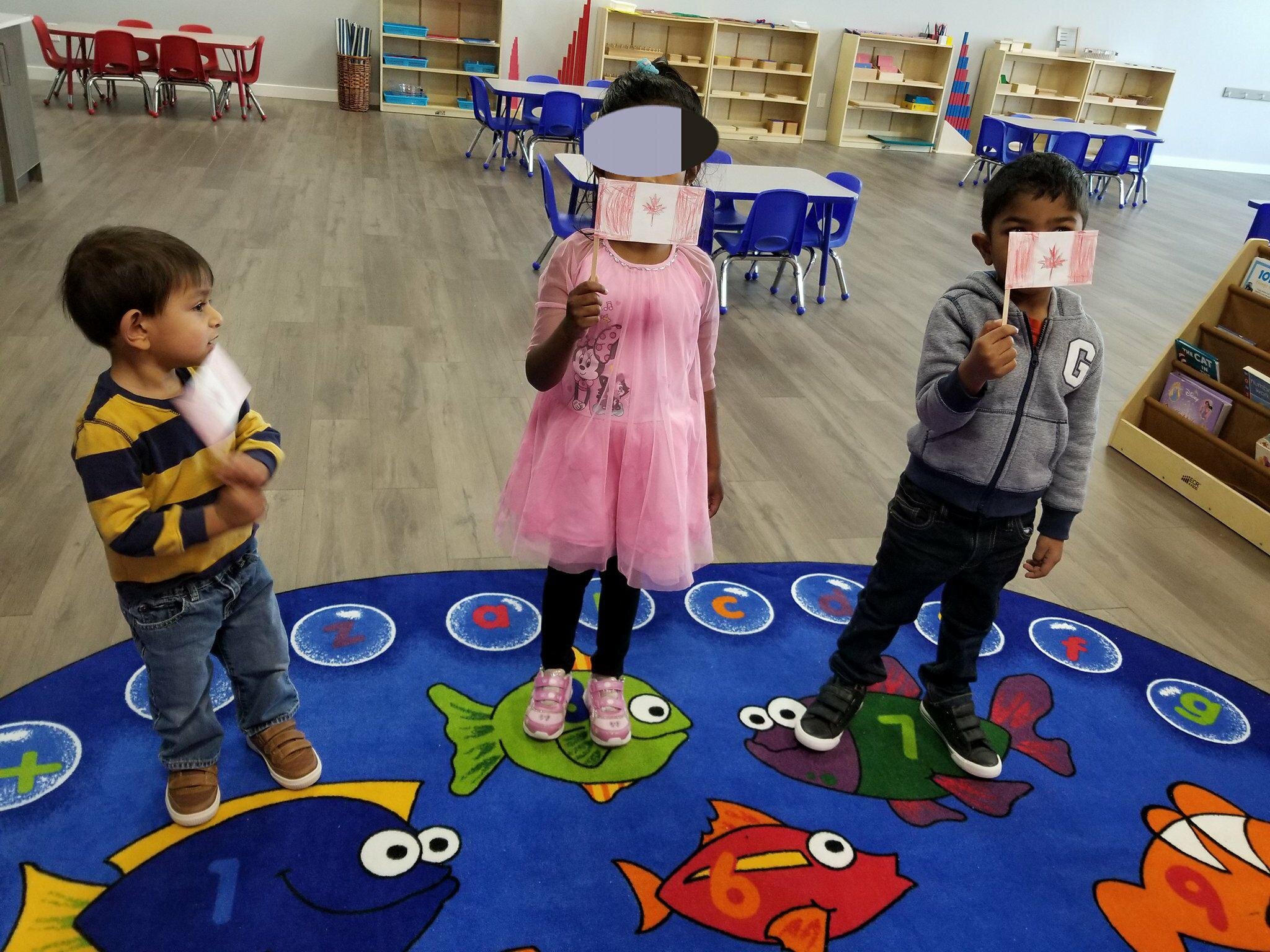CASA Montessori - 3 years to 6 years
CASA Montessori offers a preschool Montessori program for 2½ -4½ years old and Montessori kindergarten program for 4½ 6-years old.
Dr. Maria Montessori believed that children are like SPONGE during their first six years of life. Their mind is very observant and absorbs whatever they explore from the surrounding environments. Young children receive both positive and negative impressions of the environment. An enriched positive environment, where they feel accepted, highly contributes to the growth and development of children. iExplorers believes in providing that POSITIVE environment for children.
“Learning by doing” is the foundation of the Montessori approach. Our pre-school class is indeed a child’s world, geared to the size, pace, and interests of boys and girls between the ages of three and six. Sounds and movements abound in the class as children actively explore, manipulate, and investigate in order to see, hear, feel and personally know his or her world. Although individualized instruction is emphasized in the iExplorers Montessori classroom, group collaboration and cooperative learning.
We encourage children to experience choice and decision making, which empower them with intrinsic motivation and self-discipline, and strengthen their ability to think and act for themselves. We guide each child “to do it by myself,” thus satiating the child’s basic need for independence. Additionally, by helping children believe that they are capable, competent, and confident, we help create positive attitudes toward learning that lasts a lifetime.
We like to think of our early childhood class as a learning laboratory, organized into several curriculum areas, among them language arts, mathematics, everyday living skills, sensory awareness exercises, and culture (geography, science, social studies, art, music, movement). Many materials involve the child in tasks that facilitate eye-hand coordination and small muscle control. Throughout the curriculum, one finds a web of indirect preparations that enhance the learning process. For example, our simple, everyday living exercises have complex aims: to develop order, concentration, coordination, and independence.
Carefully designed activities allow children to joyfully learn to care for themselves and for their class environment. The tasks of buttoning, transferring quantities, polishing, and preparing all subconsciously develop accurate eye-hand abilities, which are later needed for reading, writing, and other academic pursuits. Children soon develop courtesy, graciousness, poise and self-control, since vital interest in purposeful activity almost always breeds social maturity.



